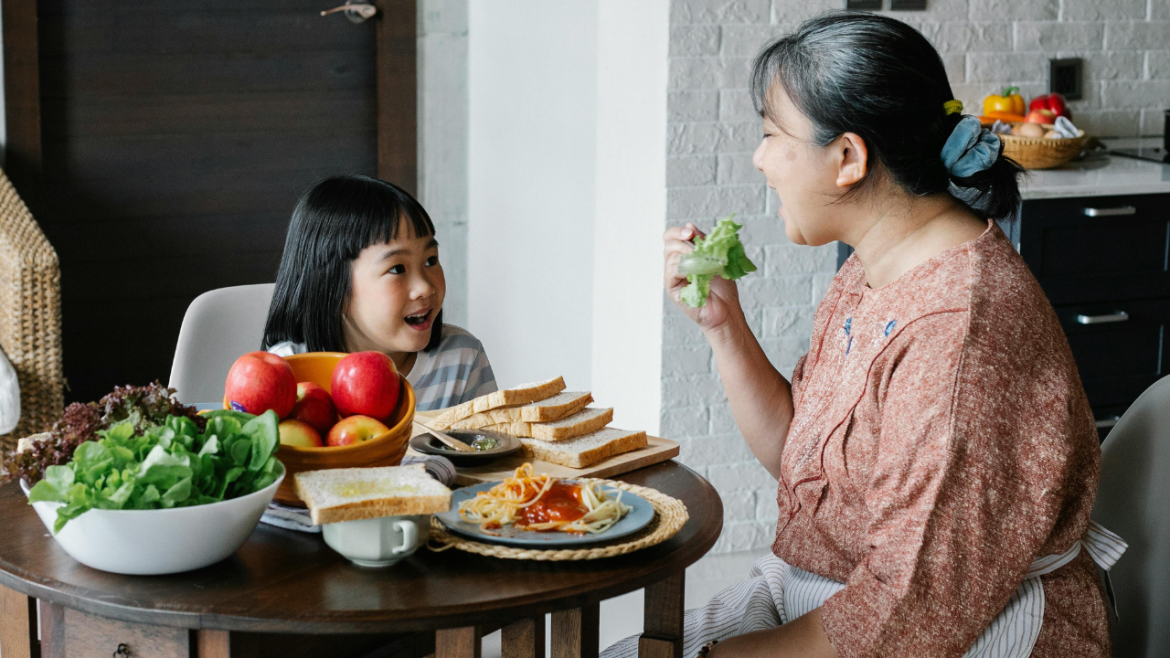Did you know that Leading Edge Senior Care has a Dementia Support Group? We meet monthly in Mesa. For more details <click here>
Meal prepping can be a game-changer for seniors, offering numerous benefits that enhance their quality of life. It ensures nutritional needs are met, provides convenience, and promotes independence.
Let’s explore why meal prepping is essential for seniors, how to effectively plan and prepare meals, and the impact it can have on their overall well-being.
The Importance of Meal Prepping for Seniors
As seniors age, their nutritional needs change, making it crucial to maintain a balanced diet. Meal prepping helps ensure that seniors consume the right nutrients, which can prevent chronic illnesses, support cognitive function, and maintain physical health.
Preparing meals in advance allows for portion control, reducing the risk of overeating and managing conditions like diabetes and hypertension more effectively.
Moreover, meal prepping saves time and energy. Seniors often experience fatigue or mobility issues, making it challenging to cook daily. Having meals ready to eat minimizes the effort required, reducing stress and allowing more time for other activities.
This practice also provides a sense of independence, enabling seniors to manage their meals without relying heavily on caregivers or family members.
Planning Nutritious Meals
When planning meals for seniors, it is essential to focus on variety and balance. Incorporating a wide range of fruits, vegetables, whole grains, lean proteins, and healthy fats ensures they receive the necessary vitamins and minerals.
It’s also vital to consider any dietary restrictions or medical conditions, such as low-sodium diets for those with hypertension or low-sugar options for diabetics.
To start, create a weekly meal plan. This plan should include breakfast, lunch, dinner, and snacks, ensuring that each meal is nutrient-dense and appealing.
For breakfast, options like oatmeal with fresh fruit or a vegetable omelet can provide a good balance of carbohydrates, protein, and fiber. Lunch and dinner should feature lean proteins like chicken or fish, accompanied by a variety of colorful vegetables and whole grains like brown rice or quinoa.
Prepping and Storing Meals
Once the meal plan is set, it’s time to shop for groceries and start prepping. Purchase fresh, high-quality ingredients, and consider buying in bulk to save money. Spend a few hours each week preparing meals, cooking proteins, chopping vegetables, and portioning out servings into containers.
This process can be simplified by using kitchen gadgets like slow cookers or instant pots, which make cooking large batches easier.
Proper storage is crucial to maintain the freshness and nutritional value of the meals. Use airtight containers to store meals in the refrigerator or freezer, labeling them with dates to keep track of their shelf life.
Some meals can be frozen for weeks, providing a ready-to-eat option for days when cooking is not feasible. Make sure to follow food safety guidelines, such as cooling foods before refrigerating and reheating them thoroughly before eating.
The Emotional and Social Benefits
Meal prepping can also have significant emotional and social benefits for seniors. The process of planning, shopping, and preparing meals can provide a sense of purpose and accomplishment. It can be a shared activity with family members or friends, promoting social interaction and reducing feelings of isolation.
Additionally, enjoying home-cooked meals can evoke fond memories and provide comfort. The familiarity of favorite dishes and the routine of regular meals can offer stability and joy. For seniors living alone, meal prepping can reduce feelings of loneliness, as they can prepare meals that remind them of loved ones and past experiences.
Overcoming Challenges
While meal prepping offers many advantages, it can also present challenges, especially for seniors with limited mobility or cognitive impairments. In such cases, seeking assistance from family members, friends, or caregivers can be beneficial.
There are also services available that deliver pre-prepared meals tailored to seniors’ dietary needs, providing a convenient alternative to cooking.
Ensuring that the kitchen is safe and accessible is another important aspect. Simple modifications, such as installing better lighting, using easy-to-grip utensils, and having a sturdy stool for sitting, can make meal prepping more manageable.
Conclusion
Meal prepping is a practical and beneficial approach for seniors to maintain a healthy and balanced diet. By planning and preparing meals in advance, seniors can ensure they meet their nutritional needs, save time and energy, and enjoy a sense of independence.
The emotional and social benefits further enhance their well-being, making meal prepping a valuable practice. Encouraging seniors to adopt meal prepping can lead to healthier, happier, and more fulfilling lives.

